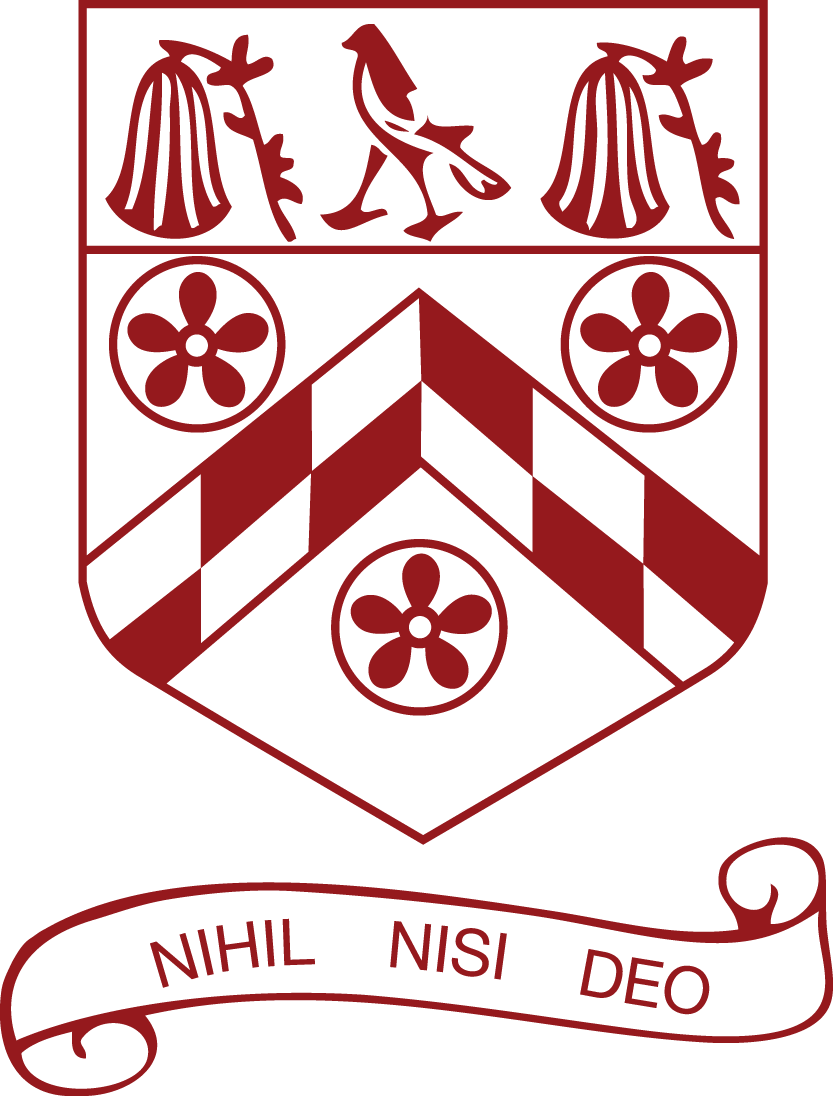Sixth Form
Drama & Theatre
The A level in Drama and Theatre studies is an exciting and inspiring course which prepares learners for further study in Higher Education. This highly practical specification provides learners with the opportunity to work as either performers and/or designers on many different performances. Students extend their knowledge from GCSE and work collaboratively and individually to create political, provocative, and engaging pieces of theatre. Students work both from stimuli and text, to create theatre inspired by a variety of theatre practitioners.
The coursework components are designed to encourage learners to make connections between dramatic theory and their own practice. While preparing their practical work, learners will explore the work of theatre practitioners (individuals or companies) of their own choice and then apply their research to their performances or designs. Learners are also required to watch at least two live theatre productions and learn about the processes and practices involved in interpreting and performing theatre.
In the written exam learners explore at least two complete performance texts. There is an exciting and diverse list of texts to choose from; allowing the students to engage in theatre which has inspired audiences throughout history. These plays will allow students to grapple with how and why theatre is made, and how they would produce this theatre today for themselves.
Students can apply their love of History, Psychology, Science, Health and Social, and well as Design, and Technology, through the study of A level Drama. It is a subject that looks at how we as a society interact with others, and how the simple communications of day-to-day life affect us as society. Drama is an art form that investigates the everyday and the extraordinary.
Experience of Drama at GCSE (Grade 5) or a theatre group required, Grade 6 in English Literature or Language.
Drama offers opportunities to learn about many aspects of theatrical performance, and careers and further study in the industry are clear pathways of progression. However, students wishing to study; law, social care, design, business management, psychology, history, policing, and many more, may wish to study drama for its creativity, its analytical and critical development, as well as the key communication skills it offers.

